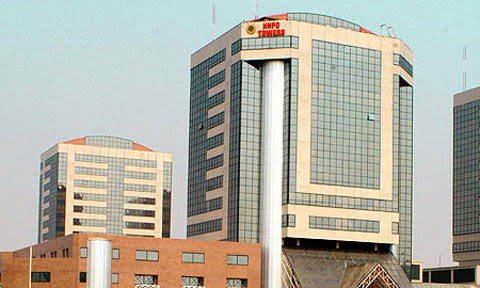In a pivotal meeting in Abuja, the NNPC directed marketers to halt petrol imports, citing the Dangote Refinery’s capacity to meet domestic demand.
The move, announced by NNPC CEO Mele Kyari, marks a major shift in Nigeria’s fuel supply landscape but has raised concerns among marketers over its impact on operations.

In Abuja, the Nigerian National Petroleum Company Limited (NNPC) directed oil marketers to halt petrol imports and rely on the Dangote Refinery, which it now claims has the capacity to meet domestic demand.
The NNPC issued this directive during a high-level meeting with its Group CEO, Mele Kyari, and key stakeholders, including MOMAN, DAPPMAN, and major oil firms.
NNPC informed all attendees that petrol supply would now depend on clearance from Dangote’s operations.
This decision raised concerns about the refinery’s ability to handle Nigeria’s fluctuating demand and its distribution capacity across the country’s extensive network.
A significant issue was Dangote’s payment terms, which require advance payment, unlike the traditional post-delivery model.
Read Also: Petrol: How Dangote Served Nigerians Breakfast
Smaller marketers expressed concerns about the financial strain this would place on their operations, as they typically rely on the flexibility of post-delivery payments.
Since its operations began in January, Dangote Refinery has sold products locally and internationally, offering premium 10ppm petrol—an improvement from Nigeria’s previous 500ppm standard.
However, its pricing faces competition from cheaper, lower-quality imports.
Recently, Kyari stated that NNPC no longer imports fuel and sources products solely from domestic refineries, including Dangote’s.
However, NNPC later clarified that it evaluates costs and prioritises economic viability when sourcing products, allowing for both local and imported supplies.
This decision marks a significant shift in Nigeria’s petrol supply chain.
While it aims to strengthen local refining, it has sparked debate over the refinery’s readiness, costs, and the broader market impact.

